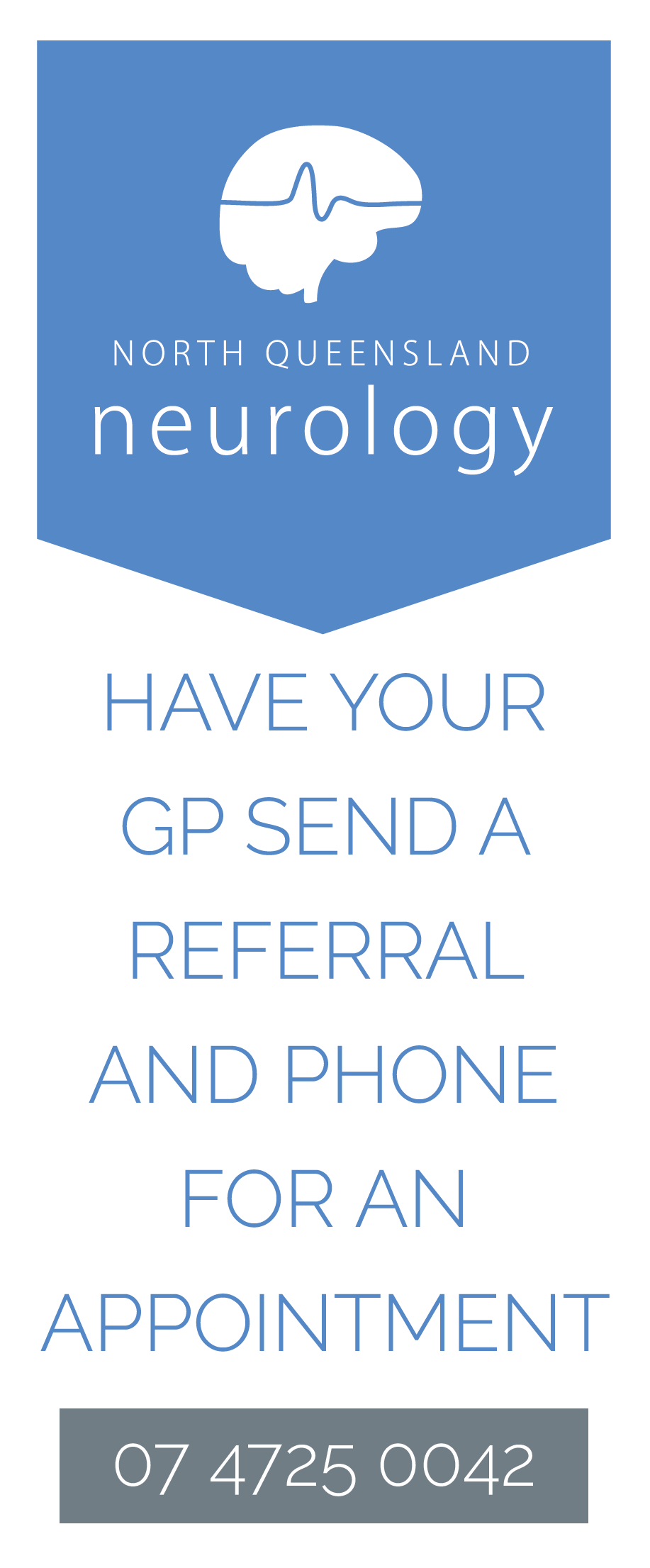
What is an EEG and what is it used for?
EEG’s are used to record the electrical activity in your brain by gently applying electrodes to your scalp. Following the EEG a Neurologist will interpret the activity to assist in determining if you have seizures, epilepsy or non epileptic events.
How long does an EEG take?
Recordings are usually taken for 20 to 30 minutes; however your appointment will last up to 45 minutes to allow for preparation.
When should I have an EEG? How do I get/arrange for one?
EEG’s require a referral from a GP or specialist, and are usually given if they are:
- Concerned that you may be having seizures.
- Currently managing your epilepsy but are considering making changes or ceasing your medication. Patients should not change their epileptic medications without medical direction.
Once your GP has given a referral, we recommend contacting our staff within a few days to arrange an appointment. These are usually arranged within two weeks of your call.
Do I need to do any preparation?
- EEG tests can be affected by hair products, so please make sure that your hair is clean, dry and free of products, including hairspray, gel and mousse.
- Normal medications can still be taken (if you are concerned, check with your GP).
- You are not required to fast before an EEG. You can eat and drink as normal.
- Occasionally we may ask that you are sleep deprived. If this is required, our staff will explain why and what is involved, when you’re making your appointment. In cases of sleep deprivation, you should not drive to or from your appointment.
What happens during the EEG?
In a quiet, darkened room, designed to aid relaxation, our neuroscientist will lightly apply electrodes to your scalp and record your brain activity for 20-30 minutes. Drowsiness often occurs during this time which is helpful in recording and interpreting the EEG.
Most EEG studies involve a period of heavy deep breathing (hyperventilation) and flashing lights (photic stimulation) to acquire additional information from the test.
Can any complications arise from an EEG?
There are no complications from an EEG.


